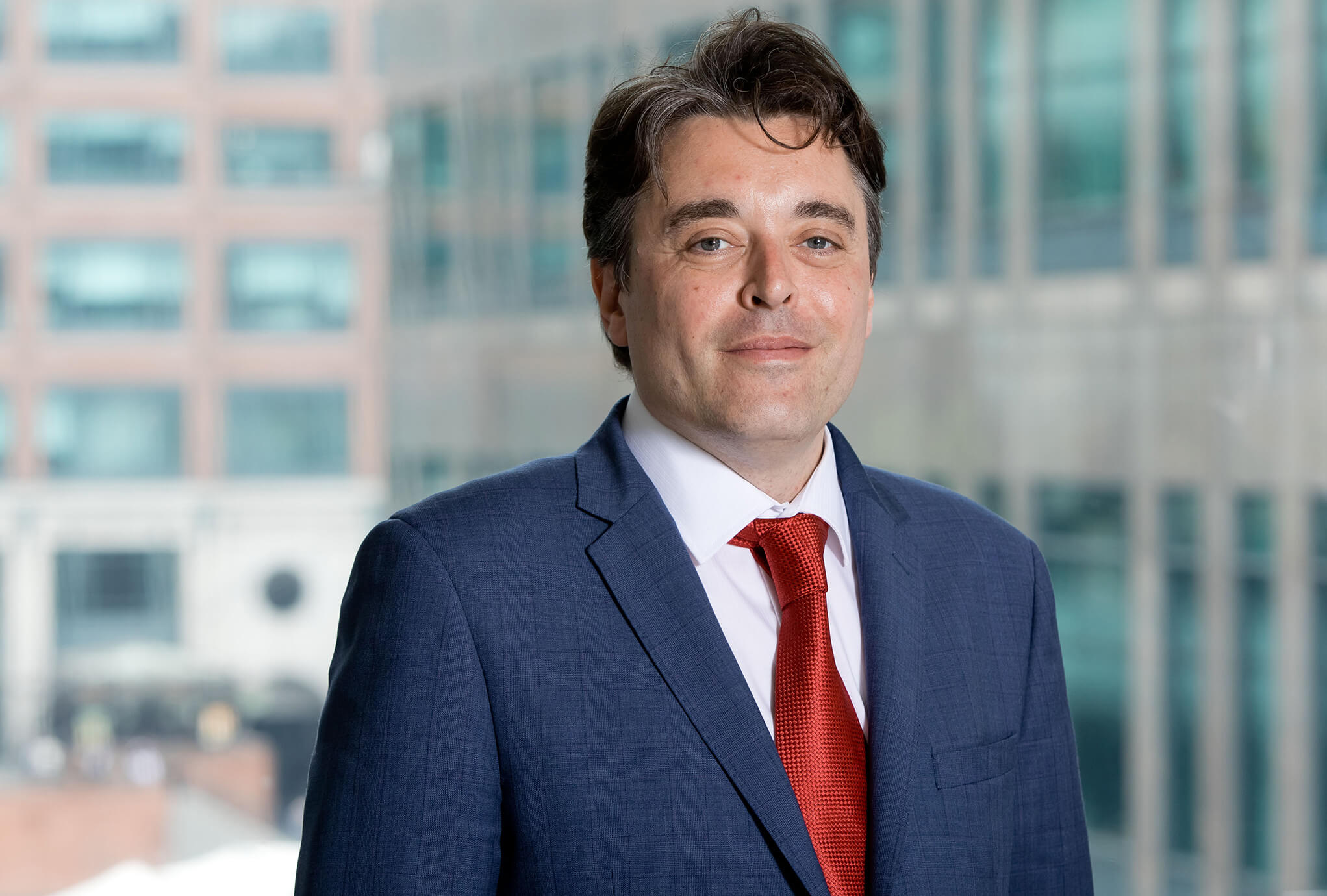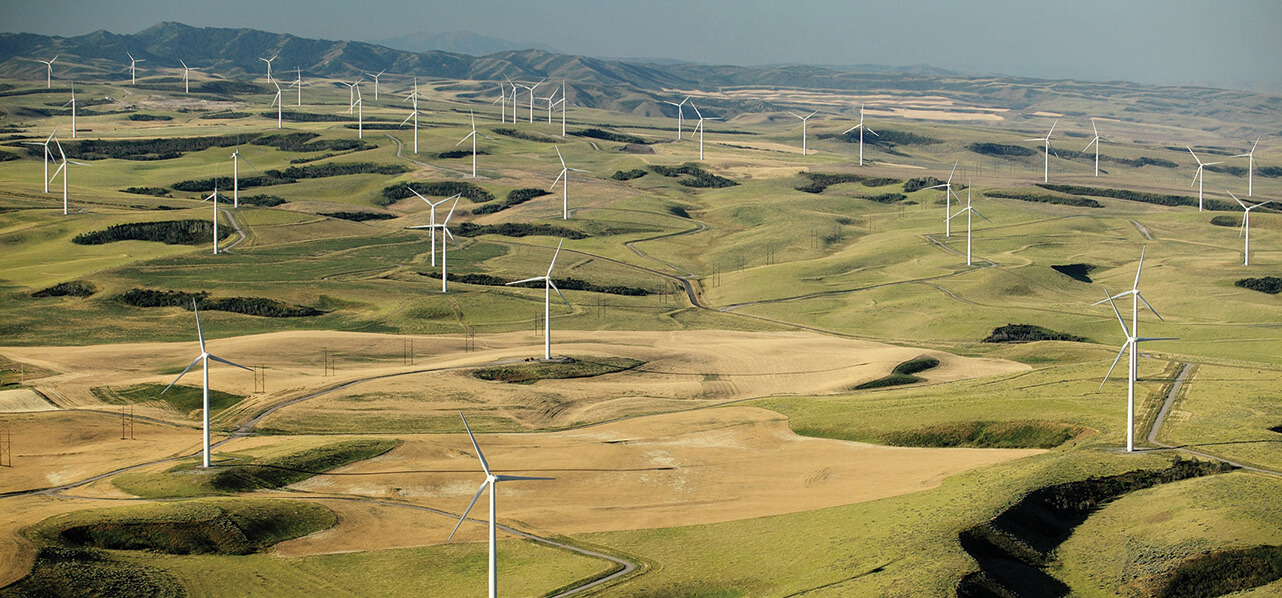Watson Farley & Williams (“WFW”) is proud to have joined the Legal Charter 1.5 (the “Charter”) as a ‘Dialogue Partner’. The Charter is an initiative developed by a group of law firms to drive change to mitigate the climate crisis. It consists of a set of principles that contribute to reducing greenhouse gas emissions to restrict global temperature increases to no more than 1.5°C.
As a Dialogue Partner, WFW has committed to help achieve the Charter’s aims by focussing on collaborative work concerning two of the Charter’s key principles ‘Advised Emissions’ and ‘Matters and Mandates’.
The Advised Emissions working group focusses on researching methodology to measure emissions when working with clients. The group looks at scenario modelling to estimate emissions for specific sectors; the type and source of emissions relating to advice; and the environmental impact assessment of advice.
The Matters and Mandates group explores how to assess the environmental impact of legal work, with a view that classifying matters according to their contribution to the energy transition can encourage responsible strategic development. The group seeks to balance several objectives by agreeing upon classification methods.
WFW Co-Head of Responsible Business Ben Churchill commented “With WFW’s wealth of expertise in energy and the energy transition specifically, we’re well placed to work with the Legal Charter to help develop sector-led frameworks. This is an important step to embedding responsible practices and governance across the legal industry”.
Legal Charter Director Amanda Carpenter added: “The Legal Charter 1.5 is delighted that WFW has joined us as a Dialogue Partner. Dialogue Partners contribute significantly to the drafting and shape of the Charter text and the working group discussions and are vital to the Charter’s success. As a sector-focussed law firm with industry knowledge across energy, infrastructure and transport we look forward to working with them to address the urgent challenges of climate change”.




